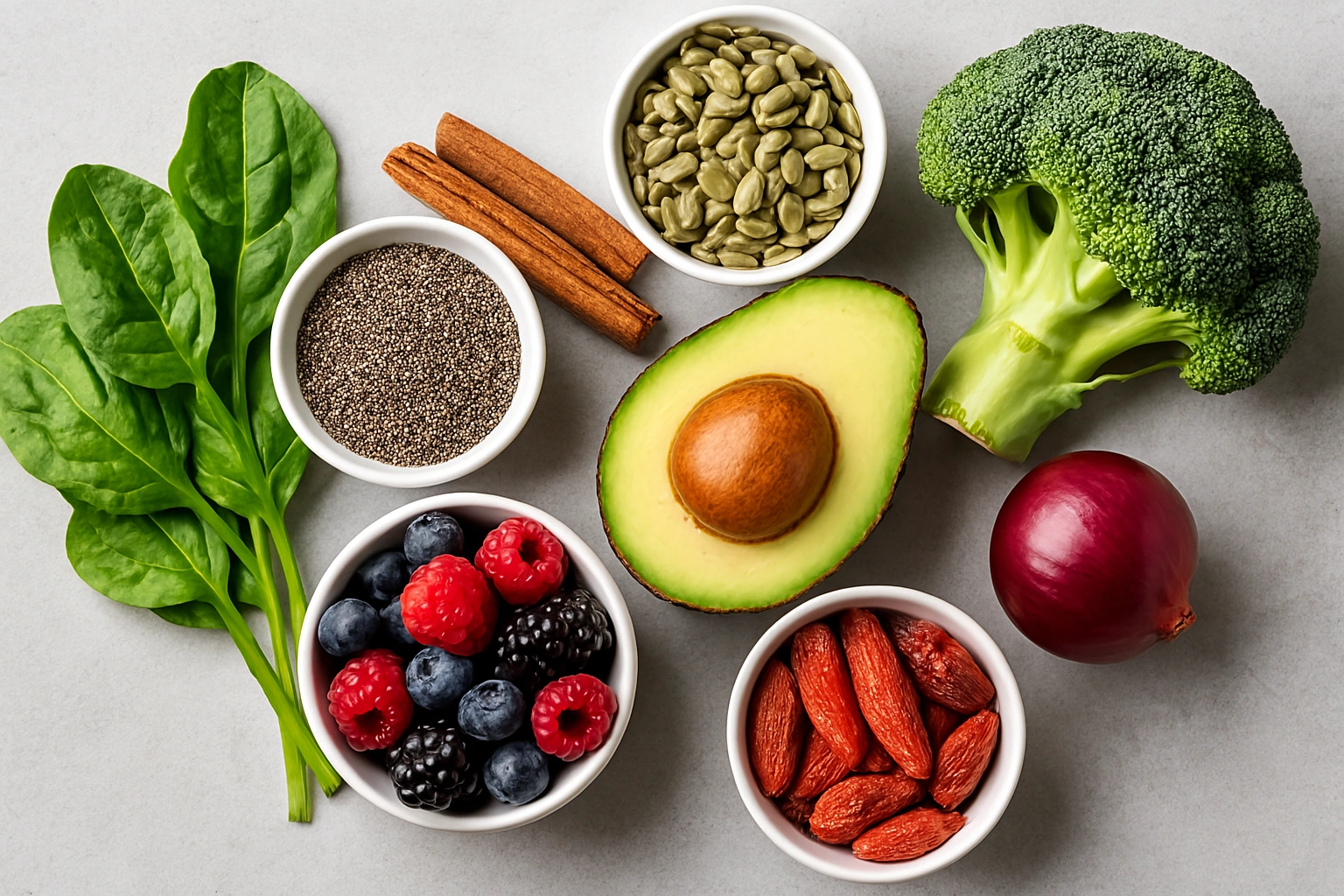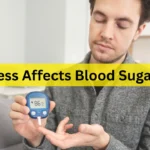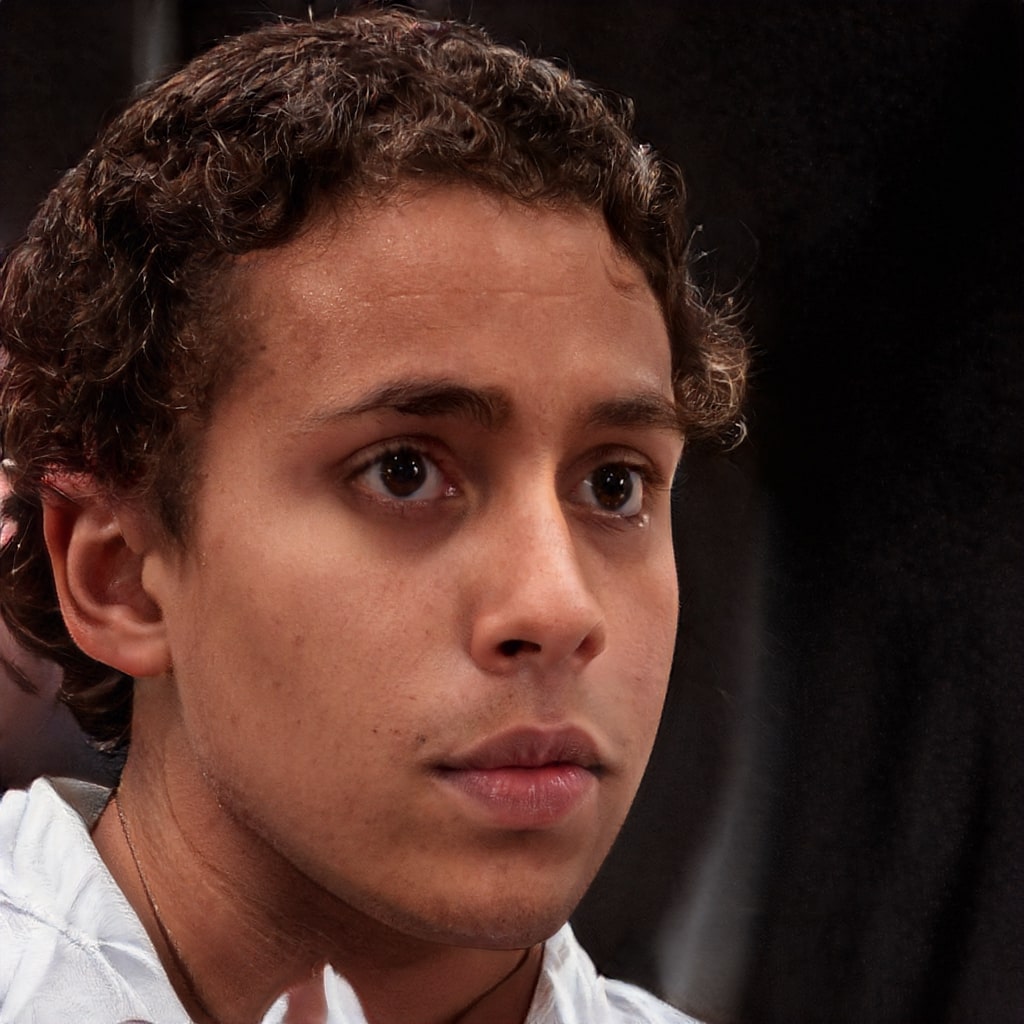Can the food you eat really help lower blood sugar quickly? Absolutely—and some options might already be in your kitchen. Whether you’re managing pre-diabetes, type 2 diabetes, or simply want to keep your energy stable throughout the day, knowing what to eat (and when) can make a major difference.
High blood sugar, or hyperglycemia, can affect anyone—even without a diabetes diagnosis. The good news is that certain foods can support better blood sugar control almost immediately, especially when paired with healthy habits like movement and hydration.
In this guide, we’ll explore the best doctor-recommended foods to lower blood sugar fast, how they work, and how to build them into your daily routine naturally.
What Causes High Blood Sugar?
Before we jump into the food list, let’s quickly break down why blood sugar spikes happen in the first place:
- Eating too many refined carbs or sugary foods
- Skipping meals (leading to overeating later)
- Lack of physical activity
- Dehydration
- Stress or poor sleep
Your body relies on insulin to move sugar (glucose) from your blood into your cells. When that system gets overwhelmed, blood sugar rises. The right foods can help bring those levels back down naturally.

Best Foods to Lower Blood Sugar Quickly
1. Leafy Greens (Spinach, Kale, Swiss Chard)
- Packed with fiber, magnesium, and antioxidants
- Very low in carbs
- Helps improve insulin sensitivity
2. Avocados
- High in healthy fats
- Low in sugar and carbs
- Slows digestion, helping prevent sugar spikes
3. Eggs
- High-protein food that doesn’t raise blood sugar
- Keeps you full and helps stabilize energy
4. Nuts and Seeds (Almonds, Chia, Flax)
- Healthy fats and fiber slow down sugar absorption
- Magnesium-rich, which improves insulin function
5. Cinnamon
- A spice that may lower fasting blood glucose
- Adds flavor without sugar
6. Apple Cider Vinegar (ACV)
- Can improve insulin sensitivity after meals
- Mix 1 tablespoon with water before eating (check with a doctor first)
7. Berries (Blueberries, Strawberries, Raspberries)
- Lower in sugar than most fruits
- Rich in fiber and antioxidants
8. Beans and Lentils
- Complex carbs with protein and fiber
- Slows digestion and helps avoid blood sugar spikes
9. Greek Yogurt (Unsweetened)
- High in protein
- Contains probiotics that support gut and glucose balance
10. Whole Grains (Oats, Quinoa, Brown Rice)
- Provide slow-burning energy
- Avoid blood sugar crashes caused by refined grains
Lifestyle Tips to Help Lower Blood Sugar Naturally
Food is powerful, but lifestyle matters too. Combine healthy eating with these habits for faster results:
- Walk for 10–15 minutes after meals to help your body use glucose efficiently.
- Drink water throughout the day to stay hydrated and support kidney function.
- Manage stress with deep breathing, meditation, or light stretching.
- Aim for 7–8 hours of sleep, since poor sleep impacts blood sugar control.
- Eat smaller, balanced meals every 3–4 hours to avoid spikes and crashes.
Frequently Asked Questions (FAQs)
1. What food lowers blood sugar immediately?
Leafy greens, eggs, vinegar water, and walking after a meal can help quickly.
2. What is the best fruit to lower blood sugar?
Berries are low in sugar and rich in antioxidants.
3. Can drinking water reduce blood sugar?
Yes, staying hydrated helps flush excess sugar from the blood.
4. Should I avoid carbs completely?
No—choose complex carbs like oats or quinoa over refined carbs.
5. How fast can food lower blood sugar?
In some cases, effects can be seen within 30–60 minutes when paired with light movement.
Conclusion
Lowering your blood sugar doesn’t have to be hard—it just starts with smart choices.
By adding more of these blood sugar-friendly foods into your meals, and making simple lifestyle adjustments, you can balance your energy, reduce your risk of diabetes, and feel better overall.
| Homepage | uhmychart.org |
You don’t need to follow a restrictive diet or rely on medications to see change. Your everyday habits, especially the way you eat, can transform your health one meal at a time.
Start today—your body (and future self) will thank you.






